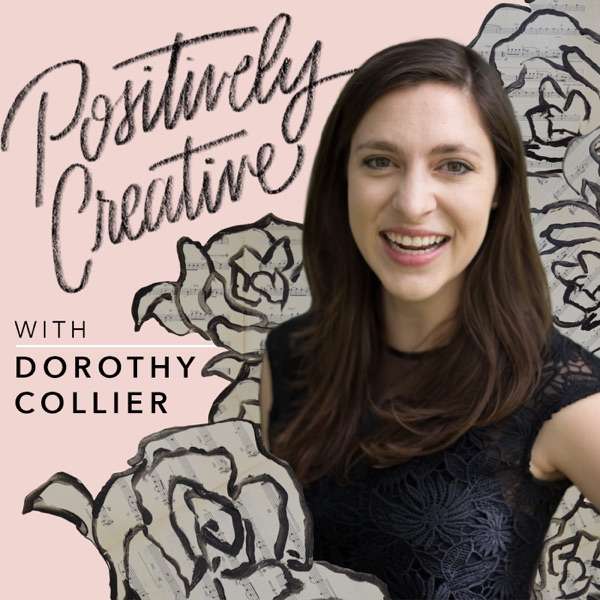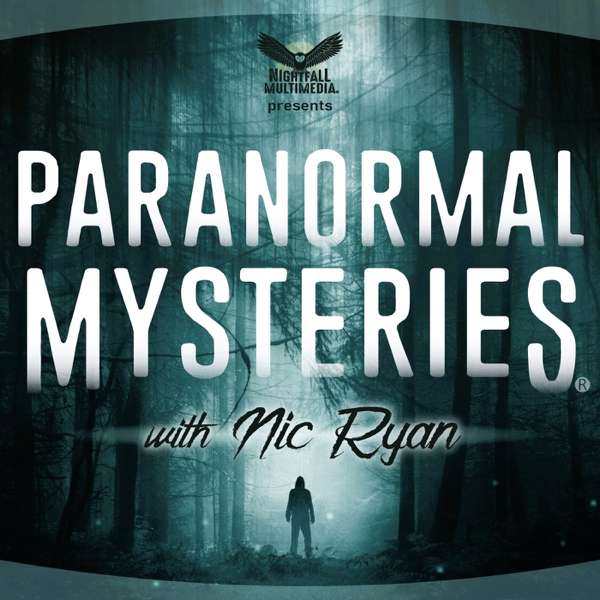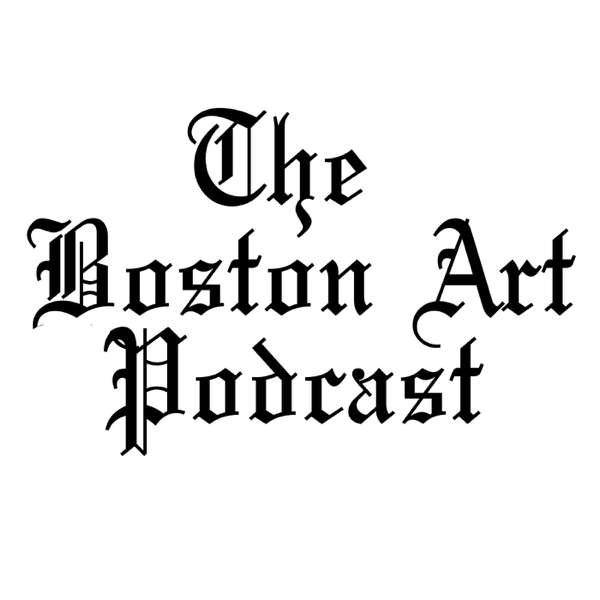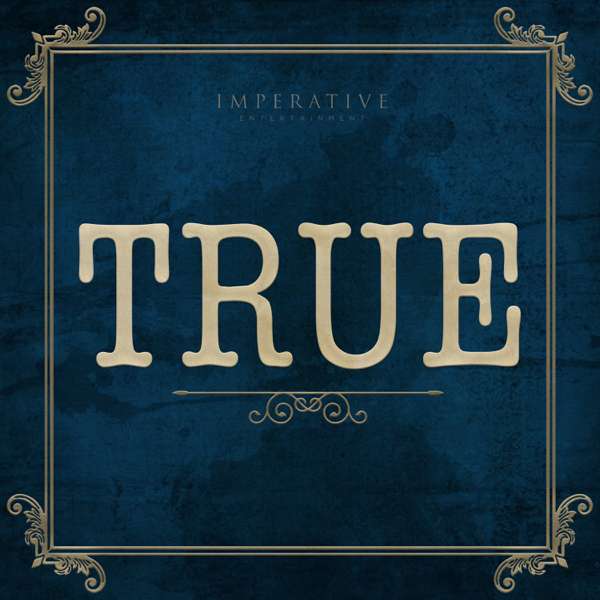Show Notes Are Dead. Long Live the Full Transcript. What do you think?
----------
Jeff Medders: All right, everybody. We'll come back to a another episode of home row. And I'm your host, Jeff Medders. And on today's show, I have author Wesley Hill on the program. He's written all kinds of books and it's just a joy to have him on, especially we're going to talk about, talk about his new book and the Christian essential series, the Lord's prayer, a guide to praying to our Father.
[00:00:36] So Wes, how are you, man?
[00:00:38] Wesley Hill: I'm doing really well. Thanks for having me on the show.
[00:00:40] Jeff Medders: Awesome man. Now, what part of the United States are you in? Are you in the United States? I know you got your PhD from outside of the United States, but I think you're in Pennsylvania, right?
[00:00:47] Wesley Hill: That's right. Yup. I'm just outside Pittsburgh, Pennsylvania.
[00:00:50] Jeff Medders: Okay. I've been to Pennsylvania. Well, I guess a couple. No, at once, for sure.
[00:00:55]I went to red lion, Pennsylvania.
[00:00:58] Wesley Hill: I'm not even sure where that is, to be honest. I don't, I don't know my own state
[00:01:02] Jeff Medders: It's, it's up in the Amish country. And I remember going there with, some friends of ours that were missionaries in Thailand and they were in town. And we went to go visit them and we went to the Amish market and all this stuff, and I bought kangaroo jerky.
[00:01:19]I dunno where the Amish are getting kangaroo jerky from, but it's there and fun fact that if you go to the Amish markets and stuff, you can't use your debit card or credit card
[00:01:32]Wesley Hill: Hmm.
[00:01:32] Jeff Medders: cash only.
[00:01:34] Wesley Hill: I would believe that.
[00:01:36] Jeff Medders: That's something you want to, you want to prepare for that ahead of time, which I did not.
[00:01:38] Wesley Hill: That's right.
[00:01:39] Jeff Medders: not, but thankfully they had an ATM nearby,
[00:01:41] Wesley Hill: So probably really beautiful country to drive through too, I imagine.
[00:01:45] Jeff Medders: Yeah. Very cool. the horse buggies and all that good stuff. And then there was a few guys on rollerblades, which was interesting.
[00:01:51] Wesley Hill: Oh, right. Okay.
[00:01:53] Jeff Medders: so we had to talk about the, you know, it's not a motor, it was a wheels. They were okay with that and OS different stuff. It was interesting.
[00:01:59] Wesley Hill: Interesting. We'll come to Pittsburgh sometime, but we're, we're pretty fun city too.
[00:02:03] Jeff Medders: Okay. I'll put it on the list now before this turns into an Amish podcast. so Wes, why don't you tell the listeners out there who you are, what you do for work and all that good stuff.
[00:02:14] Wesley Hill: Yeah. Great. well the reason you're having me on your podcast is I am a writer. I've just written a new little book, for Lexam Press on the Lord's prayer. And, I really enjoy writing. I've written a handful of books, as you mentioned. so I view that as part of my calling, part of what I do. but for my day job, so to speak, I am a seminary professor.
[00:02:34]I teach at a small, Anglican Episcopal seminary here in Ambridge, Pennsylvania, which is just Northwest of Pittsburgh. And, I've been here, I'm in my eighth year now. and I teach in the Bible department. I teach New Testament. I'm also ordained, I do some preaching and, lead Sunday school at my church. so I'm, I'm pretty involved in different kinds of ministries, but that's, that's me in a nutshell.
[00:02:57] Jeff Medders: Yeah. So when, when you're not lecturing, Oh, let me ask just for fun for me. What, what textbook are you using for your new Testament survey?
[00:03:04] Wesley Hill: You know, I'm test driving the new N.T. Wright? One, that he coauthored with Mike Bird. That's come out from Zondervan. It's huge. It's huge. When it arrived on my doorstep, I was like, Oh my gosh, this is like a brick. so we'll see it. It looks really beautifully illustrated. And, I assigned.
[00:03:21] Emails
[00:03:21] Jeff Medders: from the Edge is a cool feature.
[00:03:23] Wesley Hill: Yeah, exactly.
[00:03:24] Exactly. So, you know, right. It's so engaging in the way he writes. I imagine it will be something that will grip a lot of the students, but, yeah, I'll let you know how it goes.
[00:03:32] Jeff Medders: I bet. Are you having them read the whole thing?
[00:03:34] Wesley Hill: They're not going to read every single page, but they're going to, they're going to read all the chapters devoted to different new Testament books for sure.
[00:03:42] Jeff Medders: that's right. So I'm planning this year, I'm just, I want to read all of the condensed version of Wright's works and then, you know, maybe a couple of the New Testament, you know, summary parts, but then save those for when I'm about to preach through a book or goes or go study a book.
[00:03:57] Wesley Hill: Yeah. Yeah. Great. I mean, I think that that series of books, you know, the, for everyone, commentaries are such a gift to the church. I've heard of so many Bible study groups using those and finding them really beneficials. Yeah. Plenty. A lot of good things to dig into there.
[00:04:11] Jeff Medders: Okay, cool. So, so when you're not lecturing and you're not writing and you're not, you're not preaching, what, what are you doing for fun?
[00:04:18] Wesley Hill: You know? So I have a unique living situation. I live about five blocks from the seminary campus where I work, a Trinity school for ministry. It's called . And, I share a home with a married couple and their two children and a lot of evenings you'll find me playing with their kids. They're, they're my godchildren.
[00:04:36] I've gotten to really enjoy kind of a domestic life. I love cooking now. And, I've, I've loved cooking for a long time. It's been a way to kind of unwind after a day at the writing desk or something like that. but it's, it's a joy to be doing it, you know, with people I love.
[00:04:49]now and, and sharing daily life with them. So yeah, lots of, their, their kids are now, three years old and six months old. So a lot of, playing, playing house and playing with dolls with the, with a three year old girl with Felicity, and, changes in diapers with Solomon. So, yeah, it's, it's been really life giving for me.
[00:05:07] I'm single, and it's just been great to kind of be integrated into the life of a family in that way.
[00:05:12] Jeff Medders: Yeah. That's very cool. Very cool. So how did you know that you wanted to become a writer or that you were a writer? Did I come to you in a, in a vision, like maybe a, a sheet. It's not full of lizards and reptiles, but of keyboards and, you know, journals --take up and take up and, right.
[00:05:32] Wesley Hill: Yeah, well, you know, I, I mean, I, I'm not sure I ever like set out to become a writer, quote, unquote. But I, I do vividly remember, you know, at age, gosh, I was probably 11 or 12 when I just started writing short stories on my family's computer. and I actually wrote a novel, a detective novel, mystery, novel, whatever.
[00:05:51] Over 13. I was so proud of it. I, I still do. I'm, I'm scared...

 Our TOPPODCAST Picks
Our TOPPODCAST Picks  Stay Connected
Stay Connected







